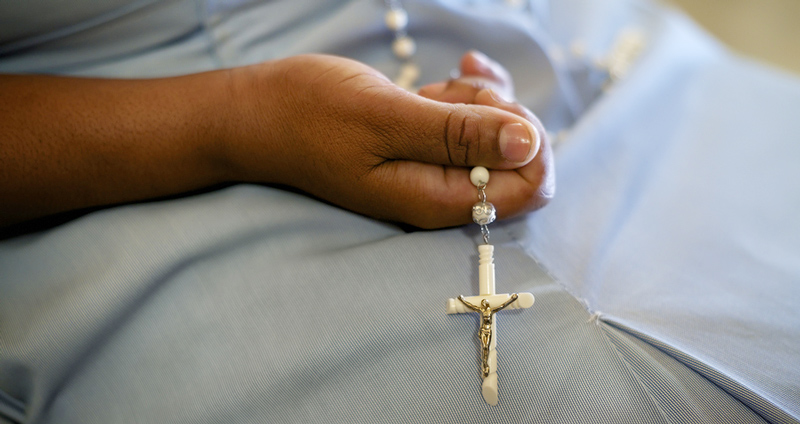
Travelocity.com likes me. That seems to be true even though I have used it only on those rare occasions when I needed an inexpensive flight to a meeting. At least once a day I face the fact that I have missed so, so many chances for dream vacations in faraway places where the sun always shines, the sea glistens, and everyone dances.
It is obvious from incessant advertising and our next-door neighbors’ boat pulls that one of our American motifs is living for weekends and vacations.
There are good reasons why burdensome toil is considered an outcome of original sin. However, we sometimes miss the point that work itself is a benefit to human society and a blessing to us.
St. John Paul II, early on in his papacy, wrote the encyclical Laborem Exercens: On Human Work. Among the many points he makes is that labor ought to be structured in a way that prizes persons over profits. He also declares that workers deserve a share in the fruits of their labors. He notes that human beings are not simply meant to be means of production and are not designed for tedium — unless that tedium has foreseeable benefit to oneself and others.
Serving tables, collecting garbage, calculating accounts, and doing piece work are all tedious. But much of the tedium proves to be productive. Wheels turn only if we are willing to do the grunge work. It sometimes surprises people to learn that Catholic sisters with advanced degrees can wash pots, clean bathrooms, run floor buffers, repair toilets, drive trucks, move furniture, serve as receptionists, type, and operate bathtub lifts in elder care facilities. All of these activities keep our charitable and evangelical works running.
I know medical doctors, lawyers, and corporate vice-presidents who painted classrooms, spent summer stints in copper mines, and worked in shirt factories, bakeries, or potato chip plants to fund their educations. They go into their hospitals, courtrooms, and offices with a genuine grasp of why the guy with the mop has to scrimp and have a second job.
No matter what manual work we have done, we learn that the work itself is satisfying when we do it with a spirit of helpfulness and gratitude. We establish relationships with co-workers and realize that the quality of our work affects people. Later, even if we end up in more professional and administrative settings, we know what it means to eke out a living on minimum wage, take buses to work, and stand all day long. These are not bad things to know.
One of the things we notice as we read Scripture is that the prophets, Jesus, and the leaders of the early Church all knew what it was to labor. They were farmers, tenders of sycamores, carpenters, fishermen, tentmakers, seamstresses, and dealers in purple goods. With that good company in mind, we can agree with St. Paul that “in the Lord [our] labor is not in vain” — and thank God when it’s Monday.




